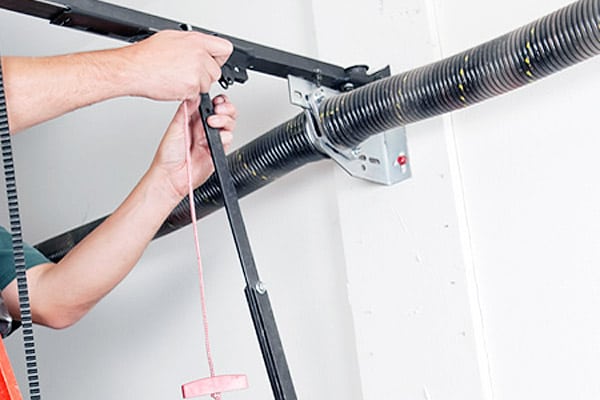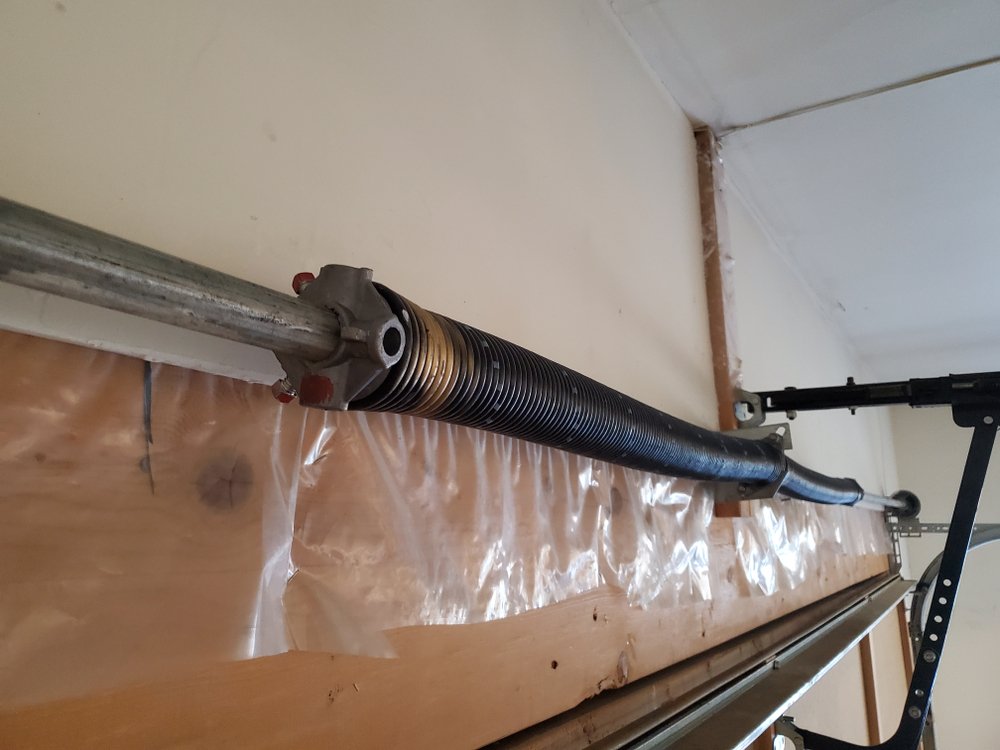
Springs are the most important components of a garage door. Without proper springs, your garage door would not be able to open and close with ease. However, lifting a heavy door can be challenging considering the strength needed to operate them. Here are some frequently asked questions and answers you might find useful:
- How Long Should My Garage Door Springs Last?
- The springs on your garage door are the most common part to wear out, so it’s important to know how long they’re expected to last. Garage door torsion springs typically last between 5 and 12 years, depending on the quality of the spring, the weight of the door, and how many times per day/week/year you use your garage door.
- What Is A Torsion Spring?
- Torsion springs are found on both sides of the top of your garage door, parallel with one another. The spring that is located on each side is responsible for pulling up or pushing down the door to open or close it.
- Why Do Garage Doors Have Two Springs?
- Garage doors have two springs because they are a counterbalance system. This means that there are two types of springs working together to lift up a very heavy object: your garage door!
- How Do I Replace A Broken Spring?
- Replacing a broken spring can be very dangerous and we recommend having a professional handle this job for you, as many people have been injured doing this themselves!

Q: How Much Does It Cost To Replace A Garage Door Spring?
A: Most springs will cost between $40 – $100 for a set of springs to repair your garage door. This price can vary due to many factors.
There are two different types of springs. Extension and torsion. The price you pay for your springs is determined by several factors including the manufacturer, the quality of the spring, the size of the spring, and the length of your warranty.
Q: How Do I Know What Size My Garage Door Spring Is?
A: Before you call a garage door spring repair Norfolk professional, you should try to figure out what size spring you have. This is fairly easy to do on your own. The most common sizes for residential garages are 10, 12 and 15 inches. You must measure from coil to coil when determining this measurement.



